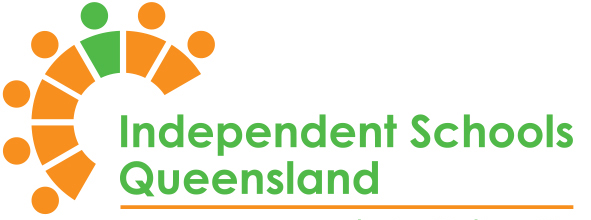Practical, evidence-based strategies that engage parents in their child’s learning should be encouraged as “routine practice” in schools and classrooms, a landmark new report has recommended.
The final report from the year-long Engaging Parents in Inquiry Curriculum (EPIC) research project has also delivered a raft of significant new findings in the field of parent engagement – a burgeoning area of interest to policy makers, governments and schools.
EPIC Lead Chief Investigator, Dr Linda Willis, from Griffith University said while more than 50 years of international research had proven unequivocally the power of parent engagement for a child’s academic success and well-being, rich examples of parent engagement practices were largely missing, until now.
“The EPIC final report contains rich detail to begin to fill a gap in the literature about what parent engagement looks like and how it may be achieved in practice,’’ Dr Willis said.
“This research is unique because it has been done in real time in Queensland independent schools with incredible diversity in terms of size, geographic location, and socio-economic and cultural diversity. It means the findings are very current and can be used straight way by any school wanting to improve the way they engage with their parent community.
“The results have also strengthened and deepened the way we have previously thought about parent engagement, which is very exciting.”
EPIC was a collaboration between Griffith University, Independent Schools Queensland (ISQ) and Queensland Independent Schools Parents Network (QIS Parents Network) and has been operating in six Queensland independent schools in varying levels of intensity throughout 2021. The report was prepared by Dr Willis with Chief Investigator, Prof Beryl Exley, and Senior Research Assistant, Narelle Daffurn.
ISQ CEO Chris Mountford said EPIC’s evidence-based findings would benefit all schools and families for years to come.
“Parent engagement is a priority for governments, it’s cemented in key national education policies and standards and it increasingly features in school’s strategic plans so it’s imperative that schools have access to evidence-based, practical guidance in how to effectively engage with their parent community,’’ Mr Mountford said.
“As we all know, parent involvement in schools is parents helping out in the tuckshop or on sports day, but parent engagement – where parents are aware of what their children are being taught and then value-add to that learning – is the gold standard.”
“Through in-depth interviews with independent school leaders and important classroom level work, EPIC has shown us ways school leaders and teachers can bring parents closer to their child’s learning using inquiry curriculum approaches and digital technology. Thank you to the six independent schools for their contribution to this important research.’’
QIS Parents Network Executive Officer Justine Cirocco also welcomed the increased recognition of parents as partners in their child’s educational journey, as a result of EPIC.
“Parents are their child’s first teacher, they naturally bring so much knowledge and insight into how their child thinks and learns,’’ Ms Cirocco said.
“While many parents are time-poor, I know they value any opportunity to help their child with their learning. If, as a result of EPIC, parents are offered a choice of ways to engage in their child’s learning, and schools realise there are easy, simple things they can tweak in their approach, children everywhere will benefit.”
EPIC key findings include:
- Parent engagement activities have to be tailored to a school’s unique context and community: what is effective for one school may not be for another.
- Schools need to adopt a welcoming approach to parents that begins at the school gate.
- Invitations to parents to value-add to their child’s learning journey should be “short in duration, sharp in focus, offered regularly, always optional and personal to them”.
- Parent engagement strategies in a school have a much greater chance of long-term success if they are modelled and encouraged by the school’s leadership team.
Dr Willis said the EPIC research had also shown that effective parent engagement strategies “don’t need to be epic”.
“If I had to talk about parent engagement simply it’s about having the child in the middle and the school and the parent working as partners to improve a child’s learning and well-being,’’ she said.
“Often it’s a matter of teachers just asking one question of themselves during every curriculum planning session and that is ‘how can I bring what I’m teaching a child and what the parent knows about what I’m teaching their child closer together?’. When teachers do that, it’s potentially a game-changer.”
“Research since the 1960s has shown that when parents are engaged in their child’s learning their children do better emotionally, socially and academically.”
Resources shared across all independent schools
The EPIC research findings have been converted into shareable resources for all independent schools to start using straight away. There are three snapshot documents of the findings available for principals and teachers on the ISQ Member Hub.
The full EPIC report is available on the ISQ website along with a video and profile stories of participating schools.
Media Contact
Callum Bentley
0428 612 315 | cbentley@isq.qld.edu.au
Recent

